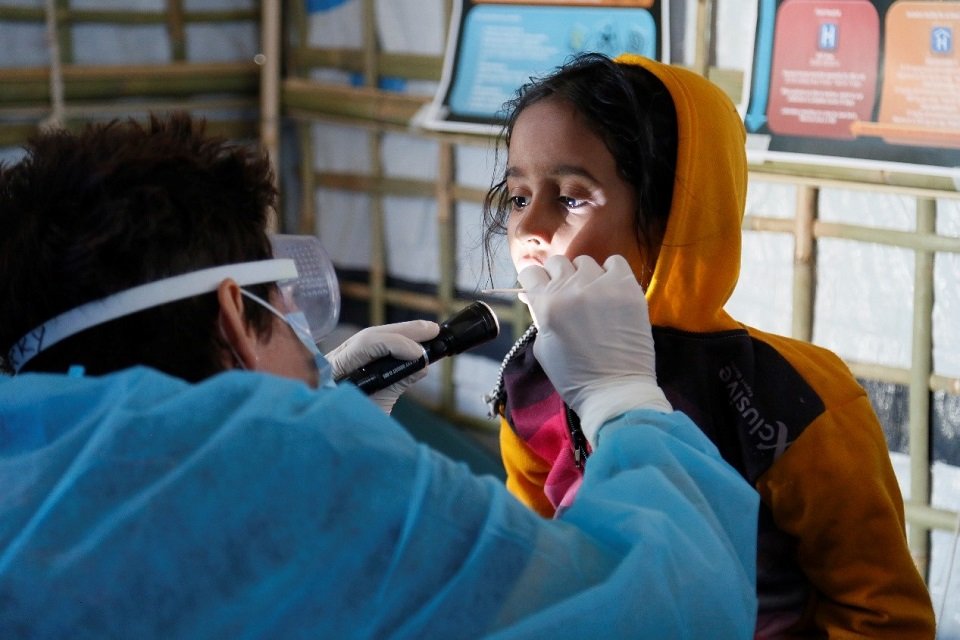Efforts to combat the spread of cholera in Lebanon in light of the health and humanitarian challenges resulting from the ongoing conflict

On October 16, the Ministry of Public Health in Lebanon announced the registration of a new case of cholera, highlighting the increasing risks to public health in light of the difficult conditions the country is going through. This case was detected in the Akkar governorate in northern Lebanon, the first since the end of the outbreak of the disease, which lasted from October 2022 to June 2023. The authorities are currently investigating the scale of the spread of the disease, collecting samples from the patient’s contacts, assessing possible water contamination.
“Who has warned of the possible return of infectious diseases such as cholera to Lebanon as a result of the deterioration of water and sanitation quality and the impact of the ongoing conflict,”said Dr. Abdel Nasser Abu Bakr, who representative in Lebanon. “Our focus now is on strengthening monitoring and water sanitation conditions in order to stop transmission and prevent the spread of infection,”he added.
The spread of the disease comes at a time when the Lebanese health system is facing significant pressures as a result of the ongoing conflict, exacerbating displacement and deteriorating water, sanitation and infrastructure services. Overcrowded shelters for displaced people also do not have the capacity to accommodate the growing numbers, which increases the risk of cholera spreading.
Who is cooperating closely with the Ministry of Health and partners, drawing on previous experiences during the outbreak that occurred in October 2022, in order to contain the outbreak and prevent its spread. The 2022-2023 cholera outbreak was the first of its kind in Lebanon in more than 30 years, with 8,007 suspected cases, 671 confirmed cases, and 23 deaths recorded.
Last August, the Ministry of Public Health launched an oral cholera vaccination campaign in coordination with WHO, UNHCR and UNICEF, which targeted 350,000 people living in high-risk areas. The campaign was stopped due to the escalation of violence, but it was aimed at covering individuals over the age of one year in 5 of the 8 Lebanese governorates.
In response to this new case, who has activated a cholera preparedness and response plan to strengthen monitoring and contact tracing, including environmental monitoring and water sampling, and to strengthen laboratory testing. On 4 and 5 October, a shipment of essential health supplies from the World Health Organization (who) arrived in Beirut to support the emergency response, with the shipment containing more than 116 tons of cholera-related supplies.
Who and the Ministry of Public Health are also exploring the possibility of introducing oral cholera vaccines in high-risk areas to reduce rapid transmission. MSF is also supporting the Public Health Emergency Operations Center at the Ministry of Public Health to coordinate activities at the national and local levels, focusing on maintaining essential health services and promoting community awareness about symptoms, risk factors and prevention methods.
